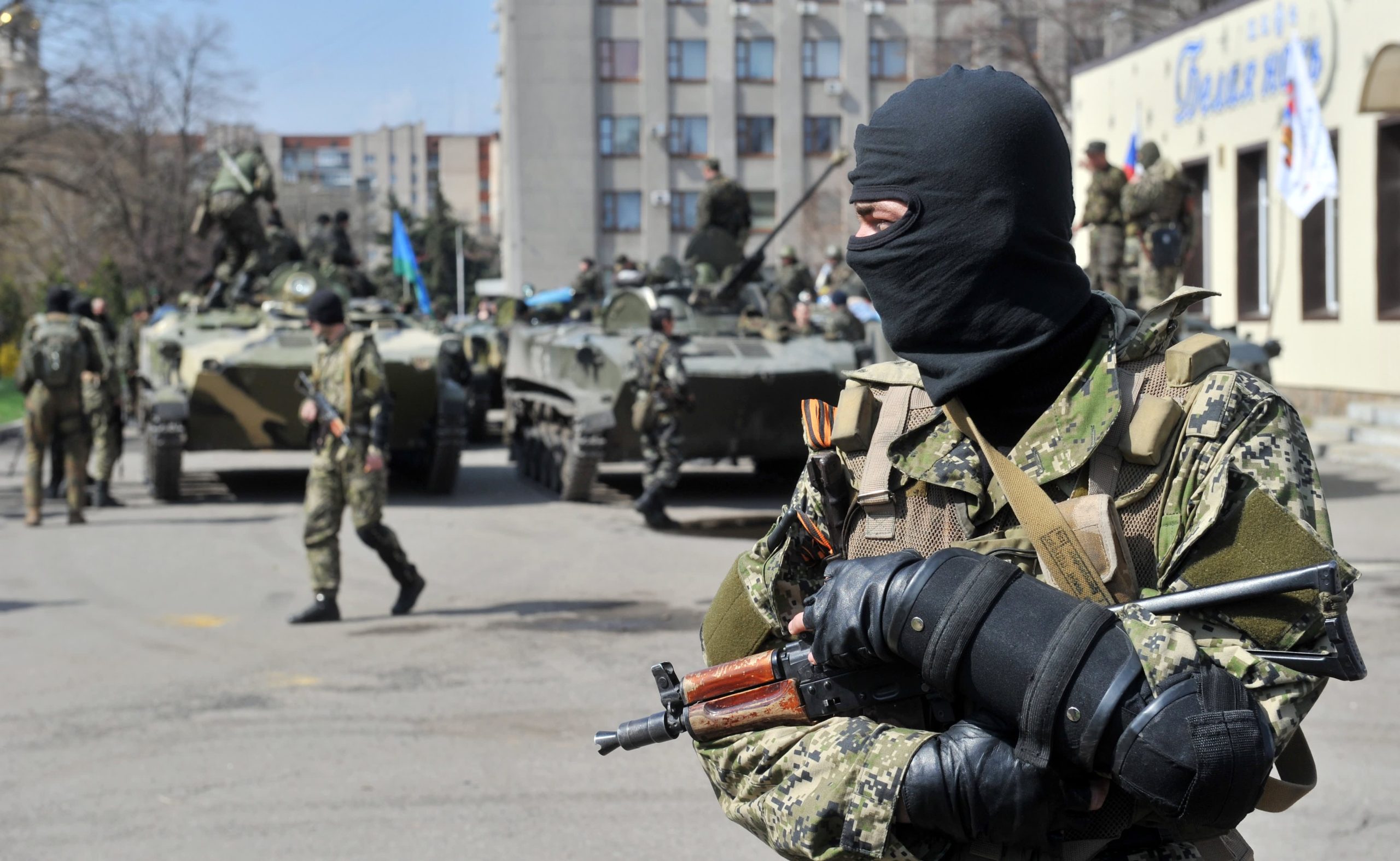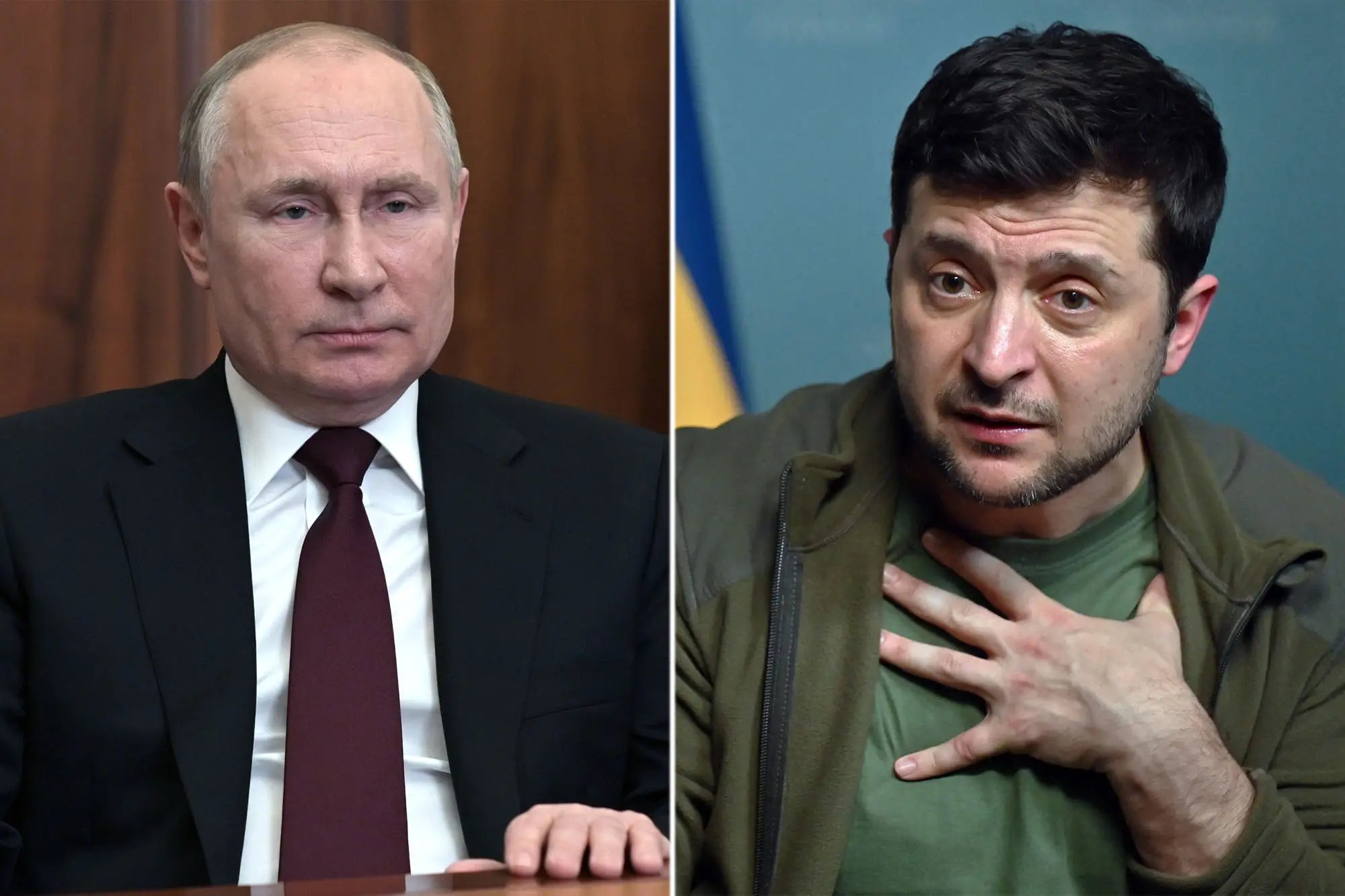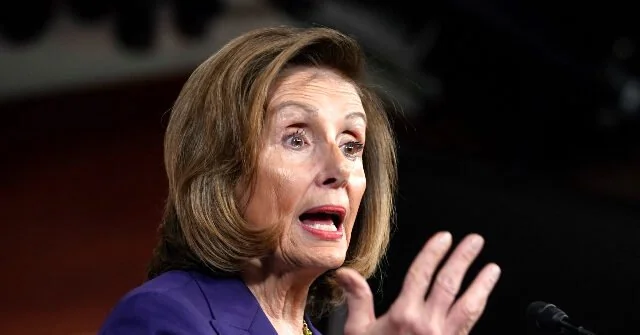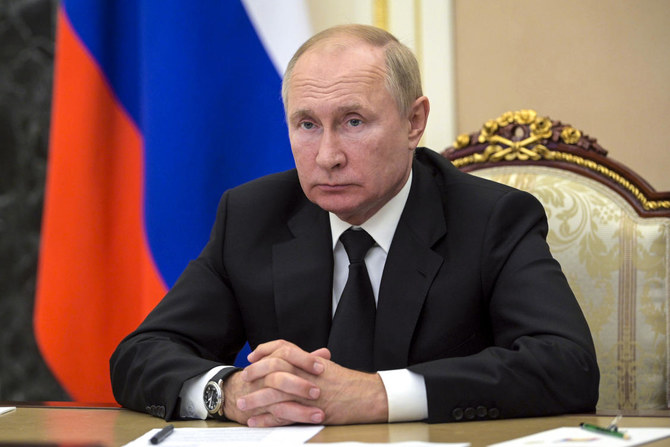In a significant diplomatic move, Sergei Lavrov, Russia’s foreign minister hinted at a transformative shift in the nation’s foreign policy during a recent press conference. Lavrov’s comments skillfully delivered underscored Russia’s evolving alliances and its intention to break away from centuries-old West-centric approaches. The repercussions of this shift are profound challenging traditional narratives and sparking discussions about a new global order.
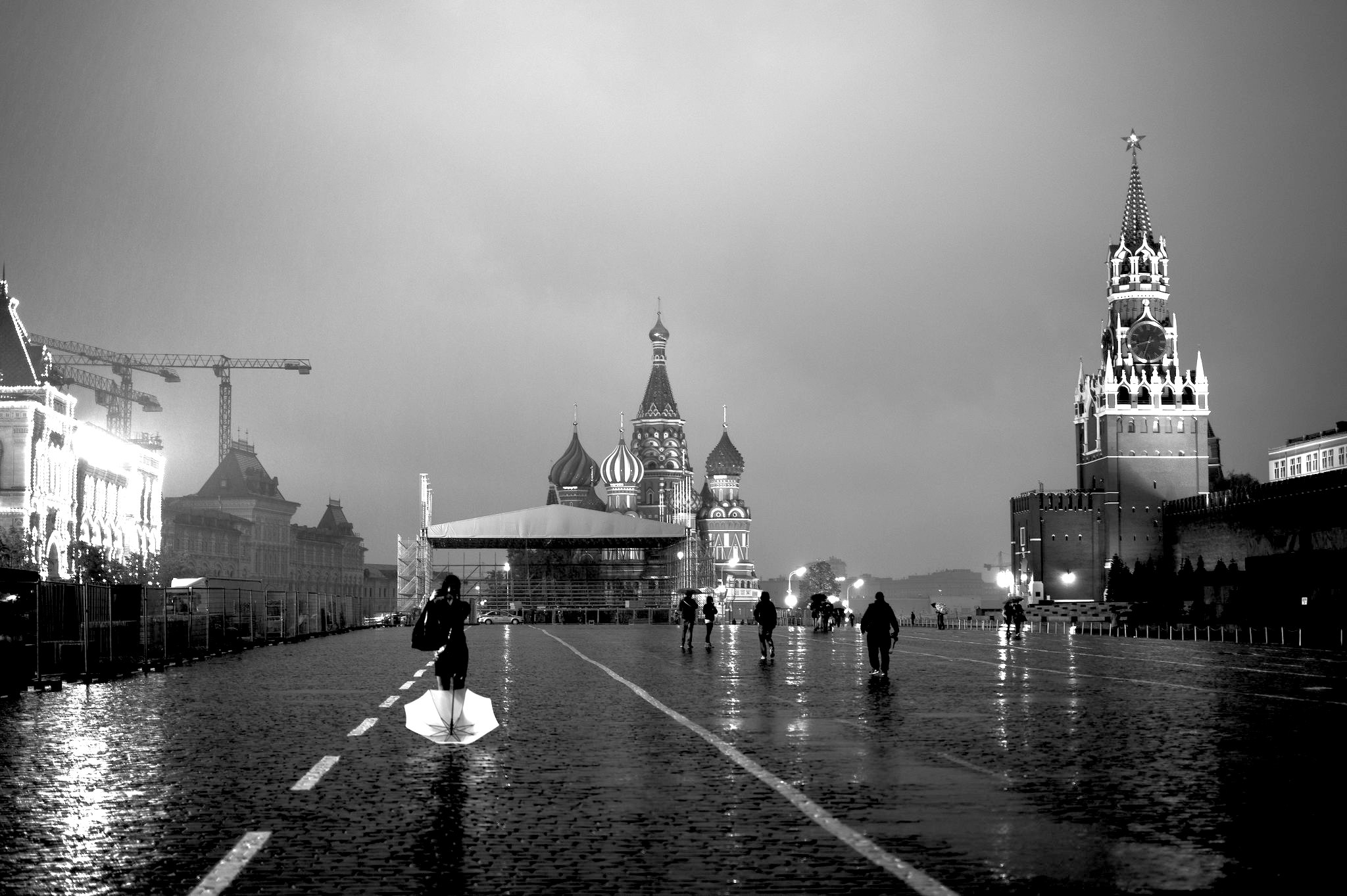
Russia’s Dynamic Alliances and Foreign Relations
Lavrov emphasized the unprecedented strength in Russia-China relations describing it as the best period in their centuries-long history. The subtle shift from traditional military unions signifies a robust negotiation-driven partnership. Additionally, Lavrov outlined Russia’s strategic cooperation with India the development of ties with African states and engagements with nations in the Middle East portraying a diversified global approach.
The foreign minister delved into the expanding BRICS–Plus group, highlighting approximately 30 states expressing interest in aligning with BRICS. Lavrov sees this association as symbolizing the diversity of a multipolar world challenging historical power dynamics and emphasizing the evolving nature of global alliances.
Lavrov’s remarks on Ukraine shed light on Russia’s perspective, asserting that dialogue should involve the West hinting at the complexity of the conflict. The subtext suggests a departure from looking to the West for resolutions aligning with Russia’s broader goal to reduce dependence on Western influences.
READ ALSO: Russia’s Sierra II-Class Submarine’s Titanium Advancement Stuns; US Navy Left in Awe
Russia’s Historical Struggle and Emerging Independence
Analyzing Lavrov’s statements necessitates understanding Russia’s historical struggle with the West’s influence. From being labeled a “late developer” to grappling with the Western notion of progress Russia has experienced a complex journey. The recent shift indicated by Lavrov marks a departure from the equation of modernization with Westernization.
Gordon Hahn, a scholar provides historical context emphasizing Putin’s declaration that Russian elites no longer trust the West. Hahn sees this as the end of Russia’s identification with Europe putting its focus on Eurasia. The momentous decision signals an end to the cycle of oscillation between conservatism and Westernization.
This profound transformation in Russia’s foreign policy challenges conventional narratives and sets the stage for a recalibration of global power dynamics.

